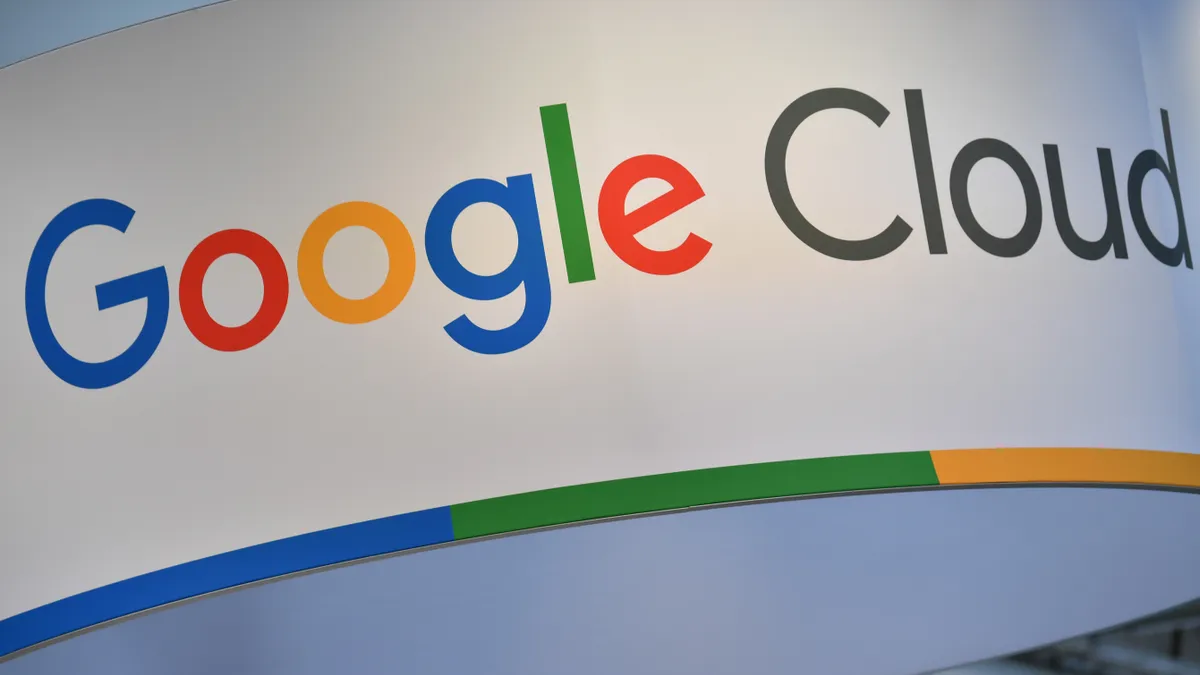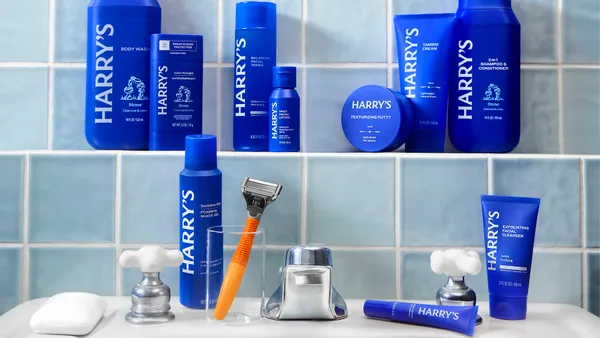Dive Brief:
- The Estée Lauder Companies (ELC) is deepening its relationship with Google Cloud to include more applications of generative artificial intelligence (AI), according to a press release.
- The Clinique and Aramis owner will leverage generative AI to monitor consumer feedback in real-time while using Google Cloud’s Vertex AI platform to streamline its internal operations. ELC will tap into PaLM 2, a large language model (LLM), to analyze consumer sentiment on channels like social media and call centers.
- ELC, along with technology partner Eviden, has been working with Google Cloud to unify its data strategy as part of a multiyear agreement. The latest development shows how generative AI is establishing a more significant place in marketers’ digital transformation bets.
Dive Insight:
ELC, which owns the namesake Estée Lauder and more than 20 other premium beauty brands, is going all-in on generative AI. The company is taking advantage of an existing relationship with Google Cloud as the search giant’s cloud-computing arm ramps up a focus on a sector that’s exploded in popularity since the advent of ChatGPT last November. The ELC announcement was made ahead of the Google Cloud Next conference today (Aug. 29).
Marketing experiments with generative AI have proliferated as more platforms and service providers implement tools supported by the technology that can scrape troves of data to produce new content in a speedy manner. ELC’s applications will serve several purposes: to better track consumer sentiment, inform research and development goals and simplify internal workflows while increasing productivity.
Of particular interest to other brands might be ELC’s aim to get a better ear on the ground with consumers and use those insights to inform areas like product development. The beauty and cosmetics category has seen tastes increasingly driven by apps like TikTok, where viral trends come and go virtually overnight. The pressure to keep pace and appeal to social media-friendly young consumers has strained R&D departments accustomed to longer lead times and more deliberate rollout strategies, a recent Wall Street Journal story revealed.
Generative AI is one way marketers might address the TikTok-ification of purchasing behaviors. ELC is taking advantage of Google Cloud’s PaLM 2, a LLM in the vein of ChatGPT, to improve social listening and keep tabs on channels like call centers that can be cumbersome to monitor manually. At the same time, the marketer is hoping generative AI can result in more “high-touch digital experiences,” per the release.
“The beauty market is undergoing a significant transition, with heightened consumer expectations ever-changing trends and a shift to personalization,” said Thomas Kurian, CEO of Google Cloud, in a statement.
ELC’s generative AI strategy is enabled through an existing relationship with Google Cloud. The company claims it was an early collaborator with the cloud-computing giant among beauty brands. ELC’s previous work with Google Cloud has involved consolidating its data into one environment, as well as using tools like Google Cloud's Retail Search and Recommendations AI solutions to enhance personalization.
Google Cloud striking generative AI deals with large businesses arrives as rivals pursue similar goals. OpenAI, ChatGPT’s developer, earlier this week unveiled a version of the LLM targeted at enterprise clients.















